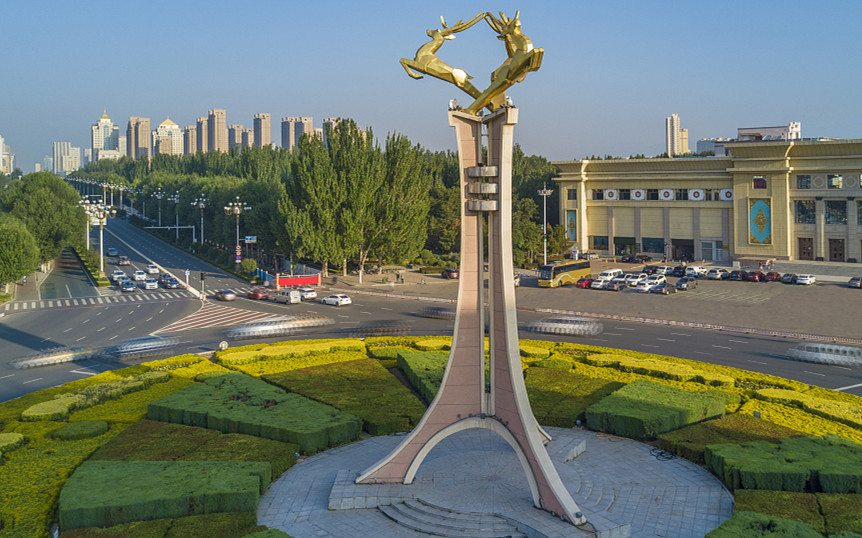Baotou makes progress in poverty alleviation
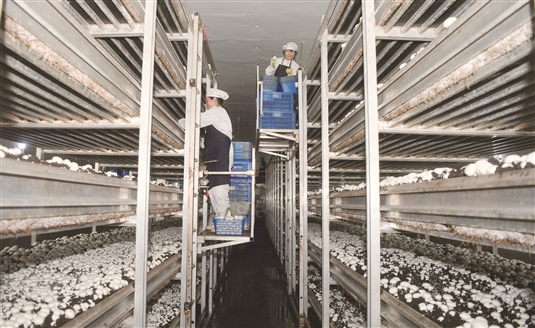
Work gets on at the new factory-like mushroom planting base in Baotou, Inner Mongolia. [Photo/Baotou Daily]
Baotou city in North China’s Inner Mongolia autonomous region has made progress in its moves to eliminate poverty, with the incomes of its urban and rural residents steadily growing in recent years, according to a report in the Baotou Daily.
In 2016, the per capita disposable income of urban and rural residents in Baotou was 40,955 yuan ($5,788) and 14,692 yuan respectively.
In 2017, the income of urban and rural residents increased by eight percent from the previous year.
Officials said that in 2018, the income of urban and rural residents increased by 7.2 percent and 9.7 percent respectively and in 2019, the income of urban and rural residents increased by 6.4 percent and 10 percent respectively.
Officials added that from 2014 to 2020, the number of poverty-stricken people in the city's archives decreased from 23,900 to 13 and the incidence of poverty dropped from 2.7 percent to almost zero.
According to officials, all of the 27 poverty-stricken villages at the autonomous region level have been lifted out of poverty and overall regional poverty has been resolved. They said that the per capita net income of the poverty-stricken population in the city's archives reached 10,460 yuan by the end of 2019.
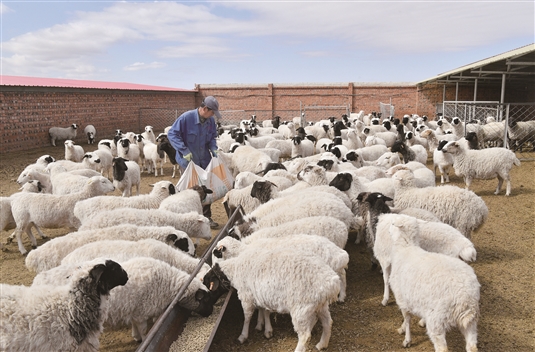
Through the establishment and improvement of the professional cooperatives and farmers and herdsmen's interest linkage mechanism, farmers and herdsmen will be driven out of poverty. [Photo/Baotou Daily]
To promote poverty alleviation, Baotou set up a special lead group which consists of three working groups, 17 special work promotion groups and four supervision teams in the city’s banners, counties and districts.
Additionally, the city introduced poverty alleviation policies and measures targeting industry, employment, education, medical care and the basic living allowance.
Officials said that poor people who can work have got a helping hand from the poverty alleviation industry projects and all the poor people are covered by basic medical insurance, serious illness insurance and medical assistance.
Meanwhile, the renovation of the dilapidated houses of poor households has been completed, giving them access to safe drinking water.

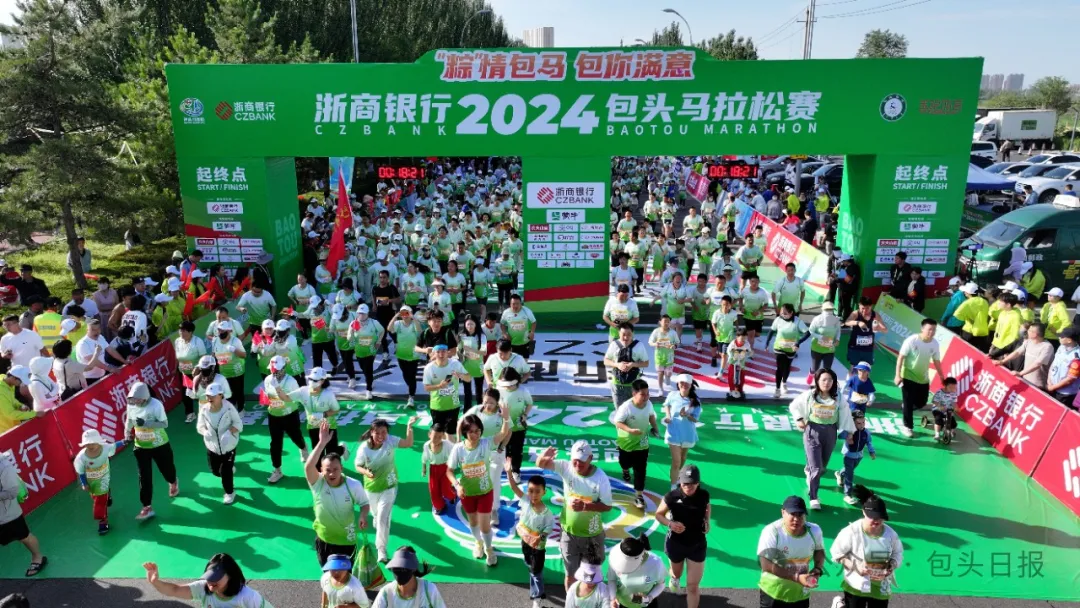
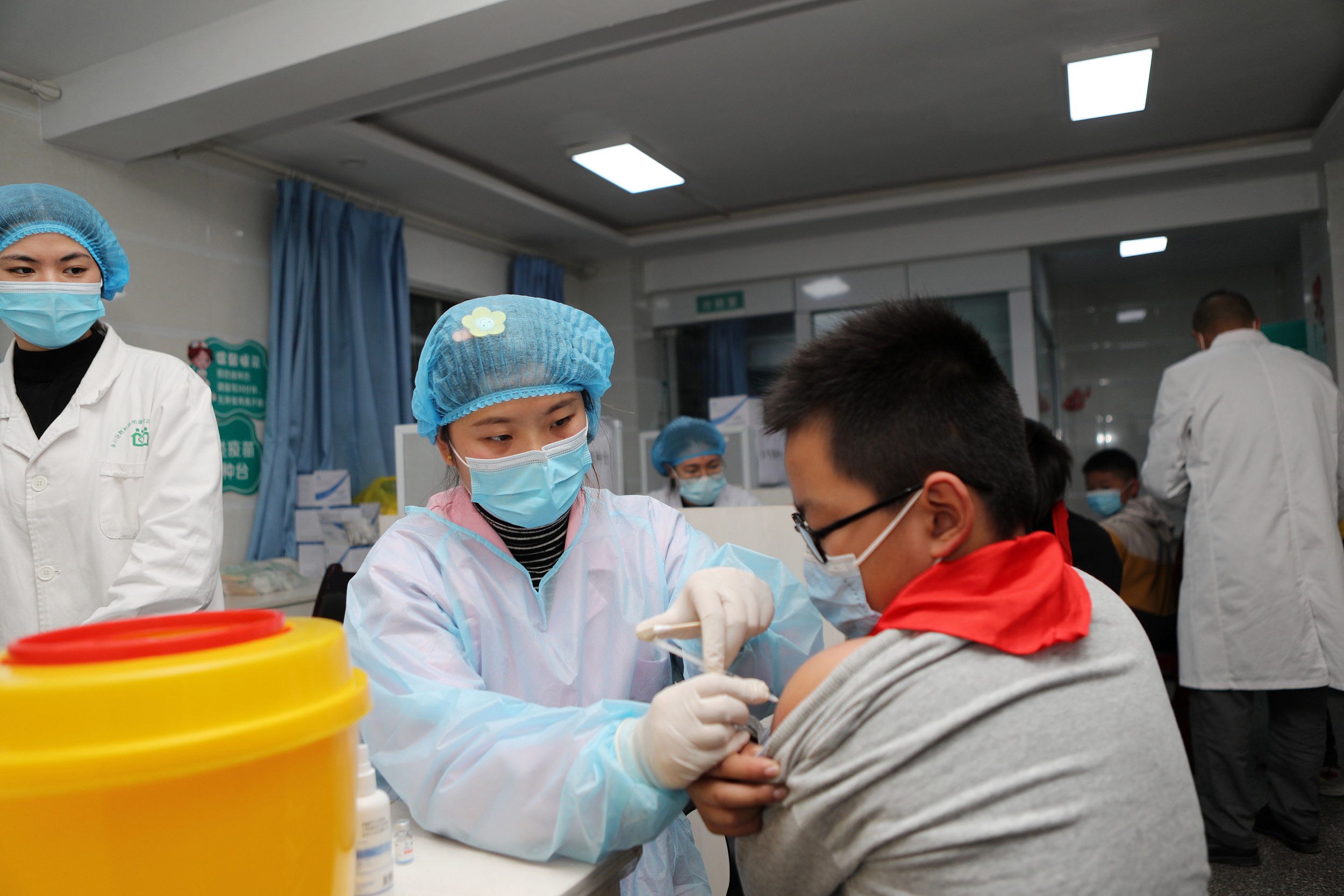
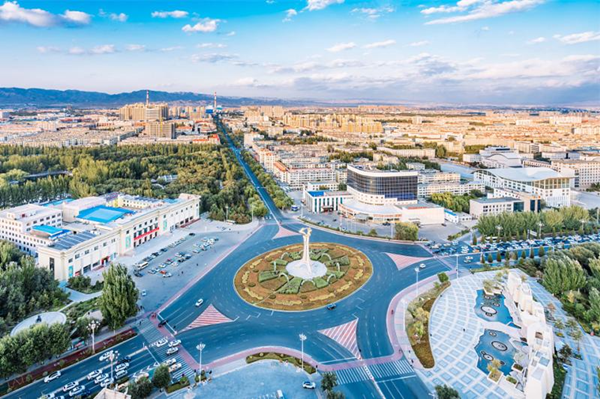
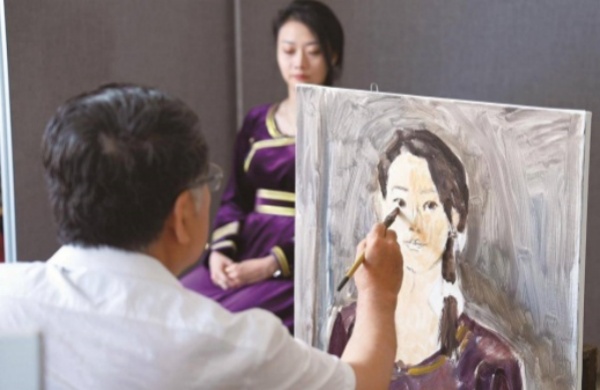
 Sketching and creation tour in Baotou
Sketching and creation tour in Baotou